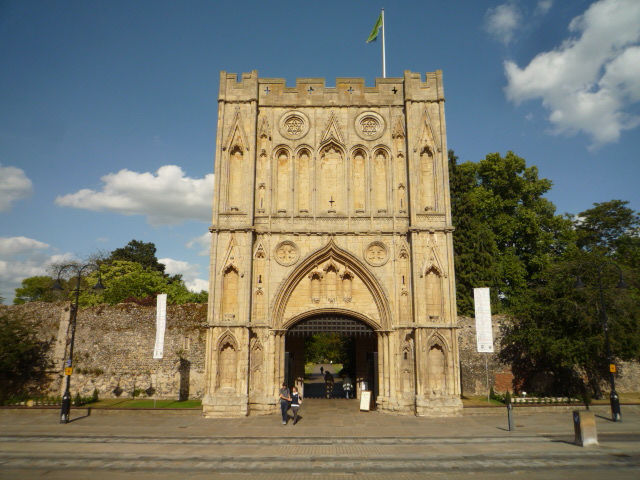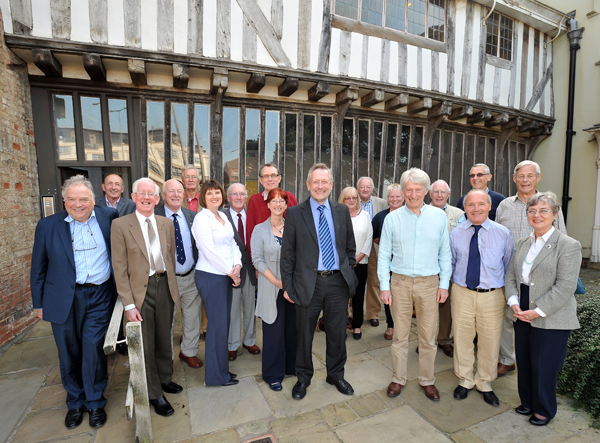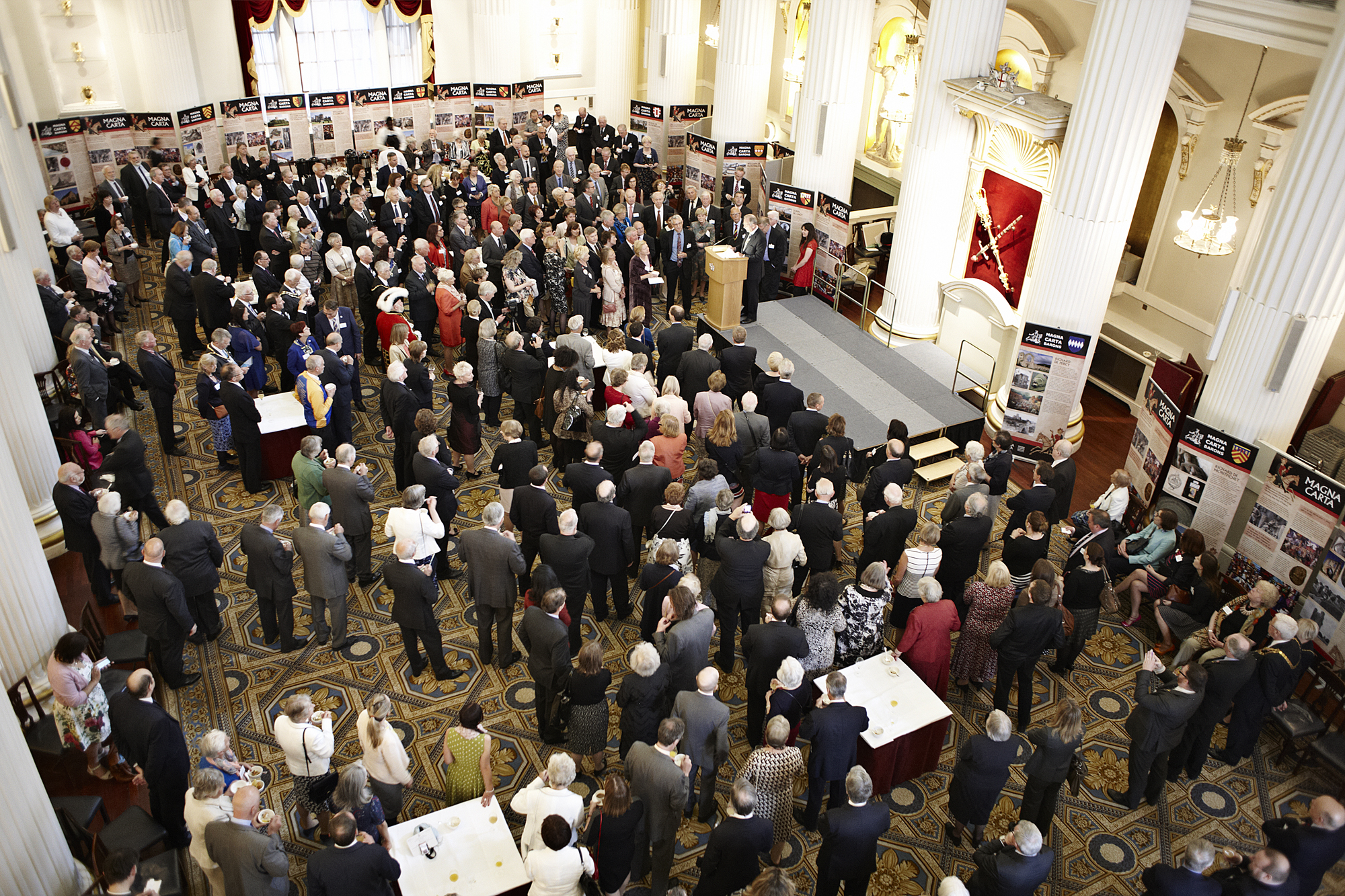The Magna Carta Barons Association
![]() The names of the twenty-five barons elected as sureties or guarantors of Magna Carta are now part of the historical record. Their lives and achievements have been well documented and, rightly or wrongly, many people proudly claim descent from them. Yet these men were very much a product of those unsettled times. They were the aristocratic elite of Anglo-Norman society, holding large swathes of land from the king, particularly in the North of England and East Anglia. Each baron had at least one barony that was made up of a number of fees or manors, and one manor in particular was the caput honouris, the chief manor. Eight centuries later, unsurprisingly, few of the barons’ descendants are connected with the communities that developed on these manors.
The names of the twenty-five barons elected as sureties or guarantors of Magna Carta are now part of the historical record. Their lives and achievements have been well documented and, rightly or wrongly, many people proudly claim descent from them. Yet these men were very much a product of those unsettled times. They were the aristocratic elite of Anglo-Norman society, holding large swathes of land from the king, particularly in the North of England and East Anglia. Each baron had at least one barony that was made up of a number of fees or manors, and one manor in particular was the caput honouris, the chief manor. Eight centuries later, unsurprisingly, few of the barons’ descendants are connected with the communities that developed on these manors.
Late in 2012, Peter Sinclair wrote to all the villages and towns that had grown up on the caput honouris of the rebel barons, suggesting they might like to celebrate the part their baron played in the sealing of Magna Carta eight hundred years earlier.
On 28 May 2013, representatives from eleven parish and town councils and local history societies met at St Edmundsbury Cathedral in Bury St Edmunds to discuss how they could best mark the anniversary. St Edmundsbury Cathedral was a particularly appropriate setting because it was in the Abbey on the same site that the rebel barons met in 1214 and agreed to take up arms against King John. The representatives were slightly less ambitious and agreed to form an association. On 27 September, eighteen villages and towns were represented at a meeting in Wygston’s House, Leicester, and the Magna Carta Barons Association was formed.
It was agreed its mission would be to advance the education and awareness of the public in the history of of the Magna Carta barons and their towns and villages, and created a small committee to take this forward. Its principal objective was to work with local organisations to celebrate the anniversary in June 2015 and to share expertise and experience.
Many of its member towns and villages were supported by the 800th Anniversary Committee, as well as by the Heritage Lottery Fund and other public and private funders. Some of the Association’s projects can be seen here.
The results of all their hard work were celebrations in all twenty-two villages and towns associated with the rebel barons (two villages boasted two barons each). Although the Mayor of London was not a baron, one of the highlights for the Association was a reception for its members by the Lord Mayor of London at Mansion House to mark the occasion when the City opened its gates to the rebel army on 17 May 1215.
Each village and town received a facsimile copy of the 1215 issue of Magna Carta and two banners, one describing the Charter and the other providing information about its baron. These were to be a permanent legacy for their residents, who were, after all, the successors of the many previous generations who made their village or town what it is today. The barons may have made history in 1215, but without generations of ordinary folk who lived and worked on their manorial lands there would have been no village or town to celebrate Magna Carta eight hundred years later.
The Magna Carta Barons Association disbanded soon after the publication of The Magna Carta Barons in 2016, although a number of its members continue to tend the Magna Carta oak trees they planted in 2019. These were grown from acorns collected from the Parliament Oak in Sherwood Forest.



